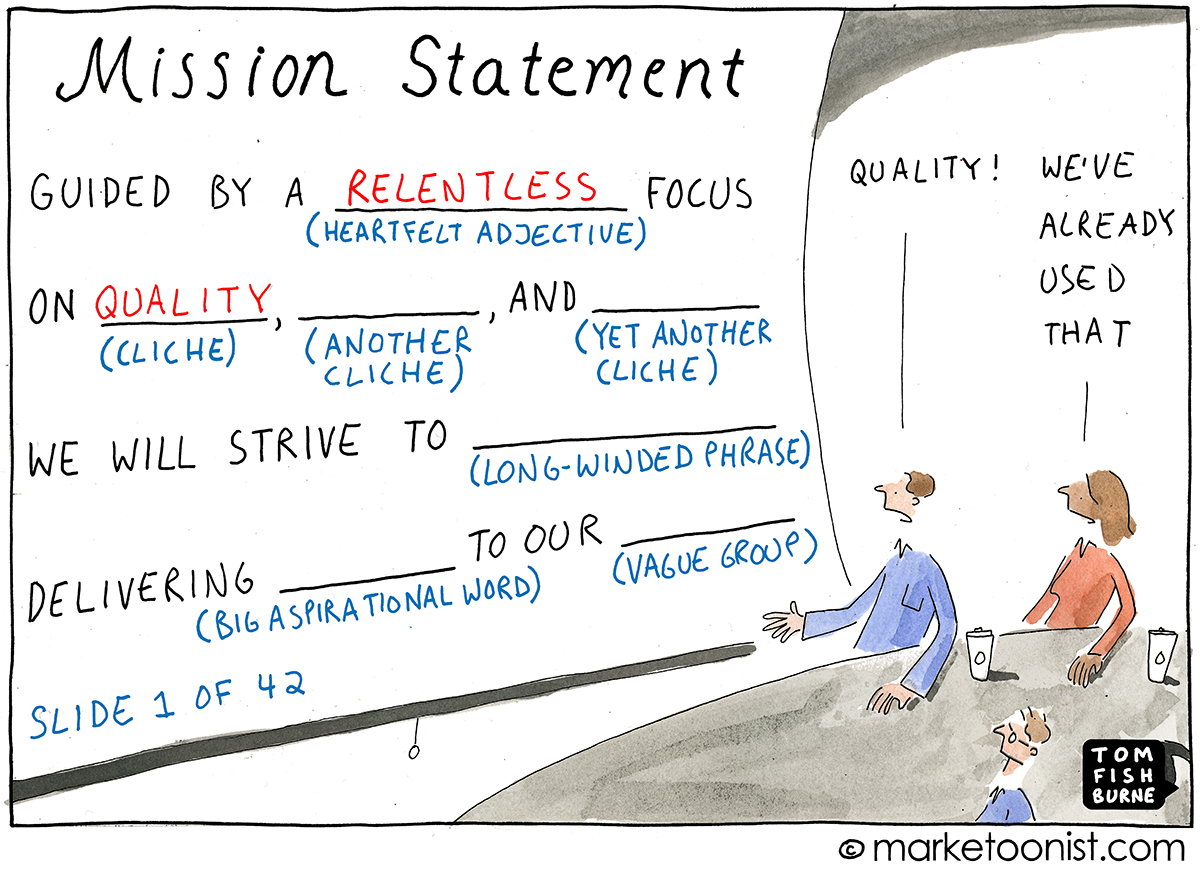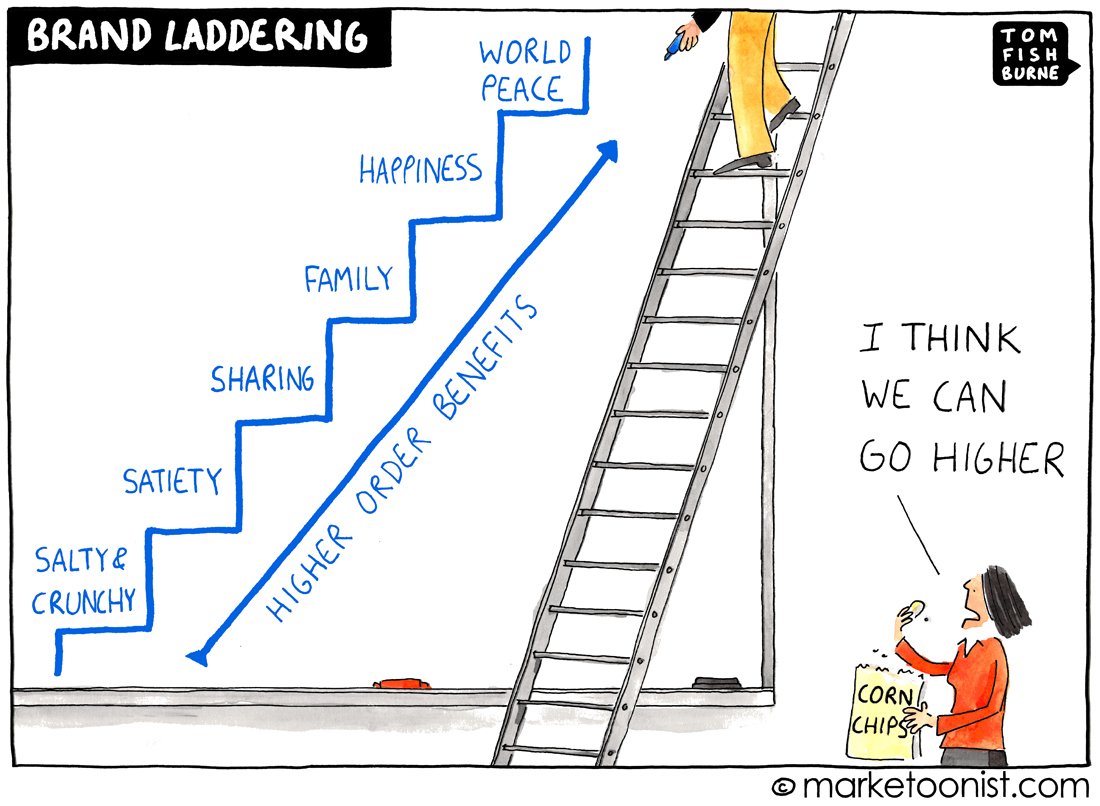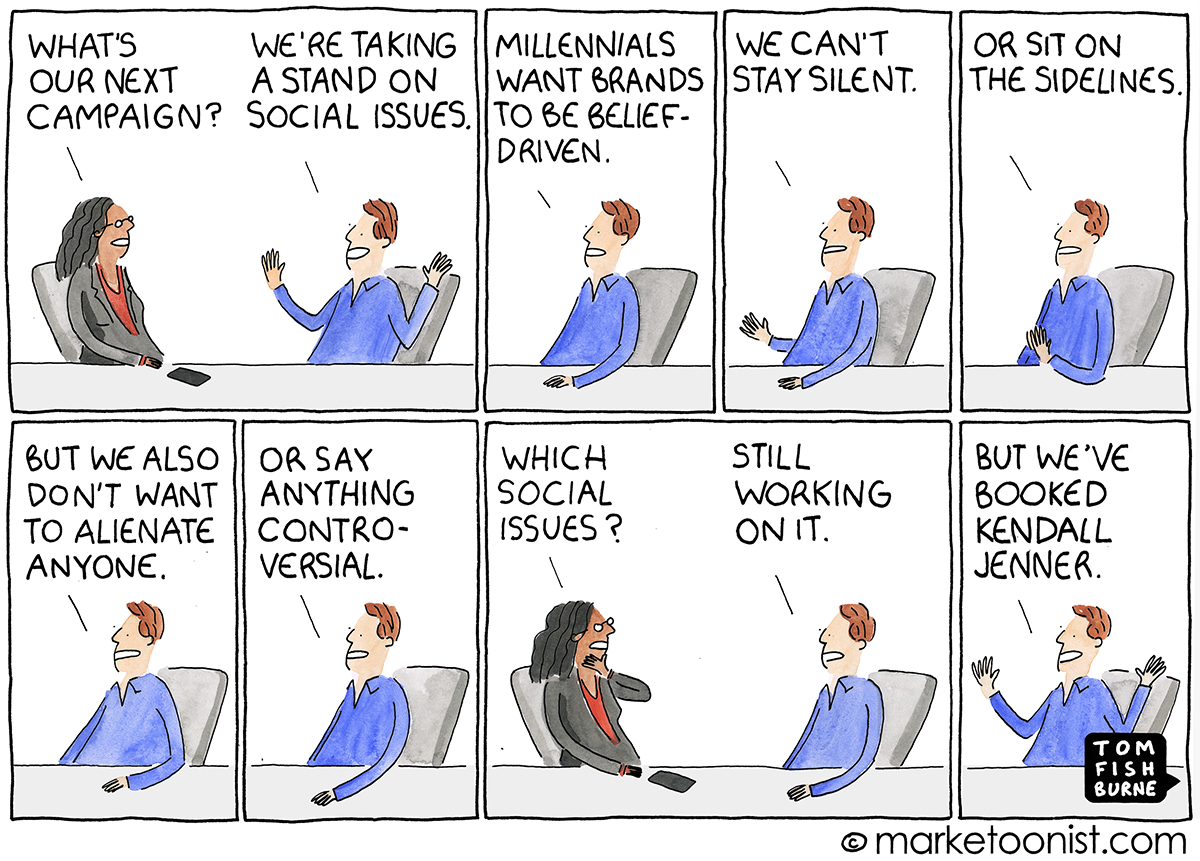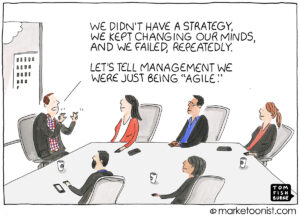Sprout Social released a survey that concluded two-thirds of consumers say its important for brands to take a stand on social or political issues.
Edelman echoed that sentiment with a 2017 study that found 51% of respondents believe brands have more power to solve social issues than the government. And they reported that 57% of consumers are more likely to buy or boycott a brand because of its stand on social or political issues.
Taking a stand is increasingly part of marketing planning. And yet social stands that are only campaign-deep invariably come across as only campaign-deep. Last year’s Pepsi ad misfire with Kendall Jenner joining a social protest is a cautionary tale.
“A lot of brands jump on the bandwagon as a shortcut to weigh in on what’s going on and resonate with customers, and Pepsi did exactly that. But people have high BS detectors,” said Adam Kleinberg, CEO of Traction.
Last year, Patagonia changed its entire home page to a provocative banner reading “The President Stole Your Land” after an executive order reduced the size of two national monuments in Utah by two million acres. Patagonia is a belief-brand with a long history of taking a stand, and this particularly stand fit squarely in Patagonia’s turf. It wasn’t a one-off. That type of stand is not right for every brand.
I like how Max Lenderman, CEO of School, put it:
“Most brands have knee-jerk reactions to trends and seek to hijack them. But you can’t use cause or purpose as a tactic; otherwise you’re bound to fail.”
Here are a couple related cartoons I’ve drawn over the years:
“Mission Statement” January 2011

“Brand Laddering” June 2012





Ori Pomerantz says
Weighing in on a real issue, one that is in dispute, can also hurt a brand. Dick’s Sporting Goods decided to restrict sales of semi-automatic rifles. They have a perfect right to do that. But a lot of us right wingers decided to respond by not purchasing from Dick’s Sporting Goods. It may have not been a good decision, marketing wise.
I wonder how much value brands can get from supporting education. Not by giving money to schools, but by producing and promoting material similar to Khan’s Academy or edX.
Jann Mirchandani says
While I personally was happy – as a left-winger – to see Dick’s restricting sales of semi-automatic weapons, I agree with @Ori about the dangers for brands here. And we’re in good company; Warren Buffet has also recently warned about brands getting sucked into what is too often a losing proposition.
Ted Simon says
I agree with @Ori’s point (and Tom’s) that brands taking stands on social issues can be a dicey proposition. But, as with Patagonia, if the position is genuine and consistent with a long-standing brand position one could argue that NOT taking a stand may run counter to brand values.
As for Dick’s – I can’t imagine the leaders of the company made that decision blindly and recognized that they may lose some customers as a result. They also may garner support among other customers (per @Jann). Whatever the case, the leadership obviously had strong enough feelings to put their money where their hearts and minds are – time will tell whether it was a “good” or “bad” marketing decision.
Connie says
With Patagonia, its completely genuine. I have a hard time coming up with other companies that have that reputation of genuine social impact/political impact. The Body Shop might be the only one that I think could come close.
But there are other brands that are doing this. FWIW, I think Dick’s wading into this helped their brand overall. For what they lost in gun sales, they gained in people supporting them over the decision. I know I walked in there to buy tennis balls for my dog. I could have gone to Walmart, but I chose Dick’s because of their stance.
Everlane would be another example that comes to mind – they are new, and starting with transparency. I think in a few years we’ll start seeing Everlane initiatives to improve worker safety and worker environment as consumers demand more from their brand.